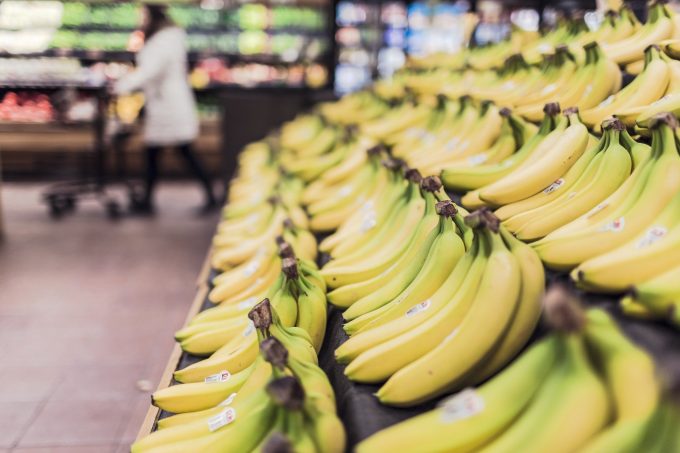The effect of the covid-19 enforced lockdown has brought into sharp focus the importance of discretionary and non-discretionary spend in the retail sector.
All four specialists retail REITs have now revealed how much rent they collected on rent quarter day and it doesn’t make for good reading. Intu received just 29%, Hammerson 37%, Capital & Regional 50% and NewRiver 60%.
While Intu and Hammerson’s shopping centres are largely focused on fashion retail, leisure and food & beverage outlets, NewRiver and Capital & Regional’s centres are largely smaller community focused shopping centres that have a larger proportion of essential stores that have remained operational. This is clearly reflected in the rents received.
Property companies will now be looking to the next quarter day, in June, with some trepidation. If the widespread lockdown continues beyond May, landlords could be facing an even larger shortfall in income.
Supermarket Income REIT (SUPR) is facing no such worries. It received 100% of rent due on rent quarter day at the end of March and was one of a select few property companies that saw its share price rise during the pandemic.
The lockdown has highlighted the importance of supermarkets to the social infrastructure. Consumers spent an extra £1.9bn on supplies in March and overall grocery sales were up 20.6% in the four weeks to 22 March.
The year-on-year growth in April will be nowhere that achieved in March. It will, however, continue to be up while social distancing is in place and the spend that would normally take place in restaurants and cafes takes place in supermarkets.
Some of that spend is likely to be sticky, too, as people realise how cheap it is to eat in.
The grocery market has been less effected by online retailing, with around 6% spent online before the pandemic. That will have increased during the lockdown, but whether a large proportion of this will continue post-crisis remains to be seen.
If there is going to be growth in online shopping, the supermarket store is going to be a key cog in the food delivery process. Three-quarters of groceries are picked in stores, which are often located in the centre of towns and cities making them ideal for online delivery. It is also easier for supermarkets to flex their product ranges and get the quantity of goods in the stores quickly.
This has not been the case with online specialist Ocado, which has a ‘just in time’ distribution model from their limited warehouse network. It is efficient but not flexible when demand surges and resulted in the group suspending orders in March as it couldn’t meet the demand.
For the traditional grocers, the online business is not profitable and is break even at best. SUPR estimates it costs supermarkets £15 to deliver every £100 order, broken down to £5 to pick the goods and £10 to deliver them. So it is unlikely that the big four will be pushing online delivery on customers when life gets back to normal.
With the lockdown likely to be in place for the foreseeable future, the majority of property companies will continue to suffer, and the next rent quarter day could make for grim reading. For a handful of others, however, it is business as usual.
QuotedData will continue to bring you up-to-date information on property companies during the covid-19 pandemic.
